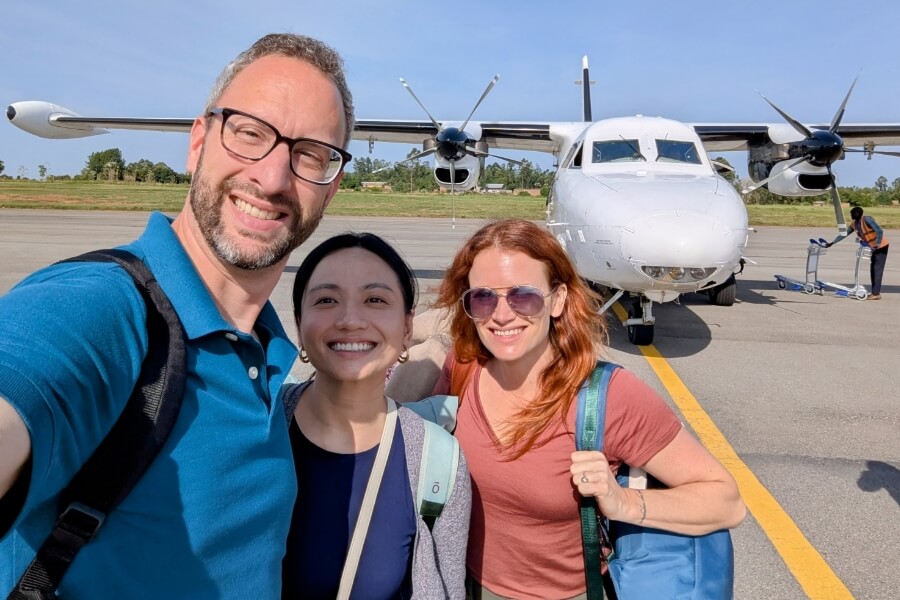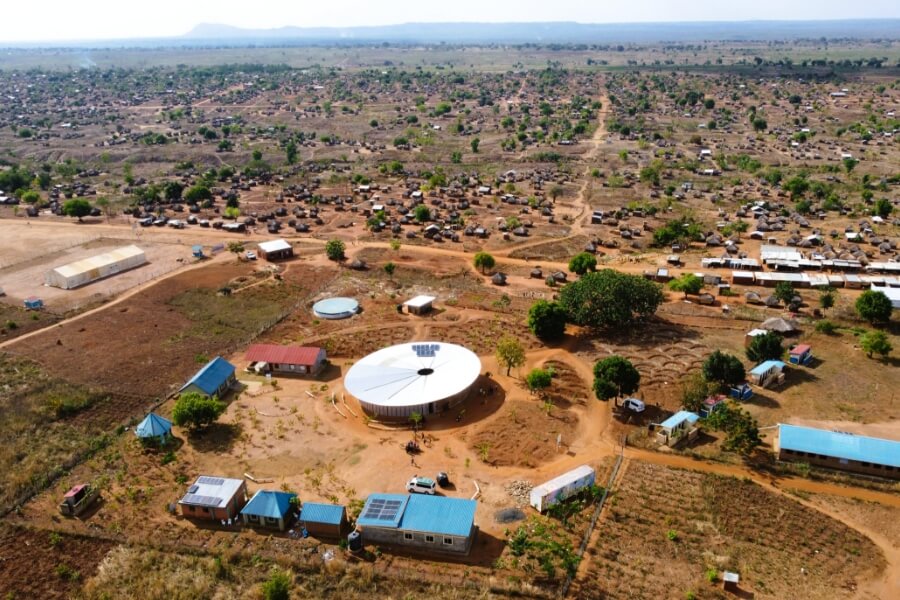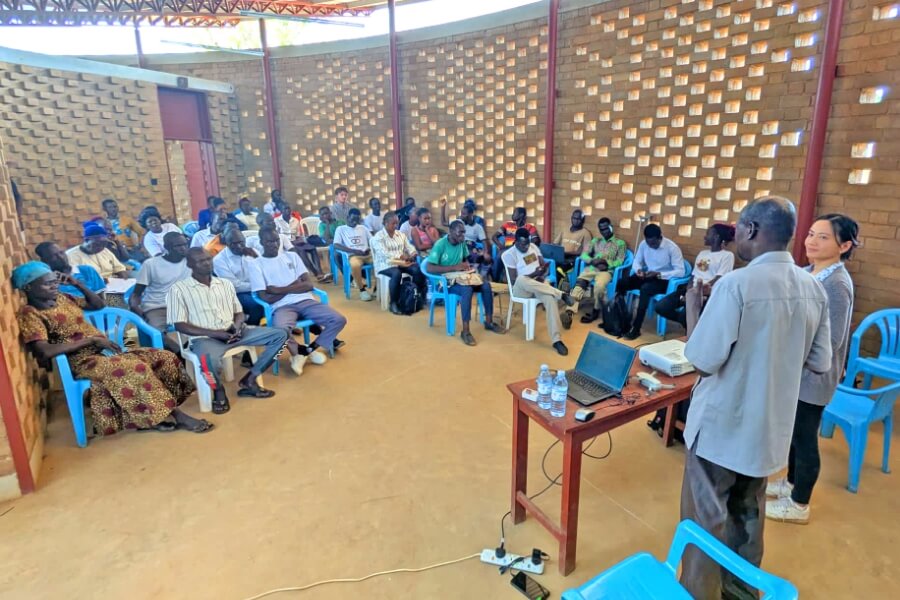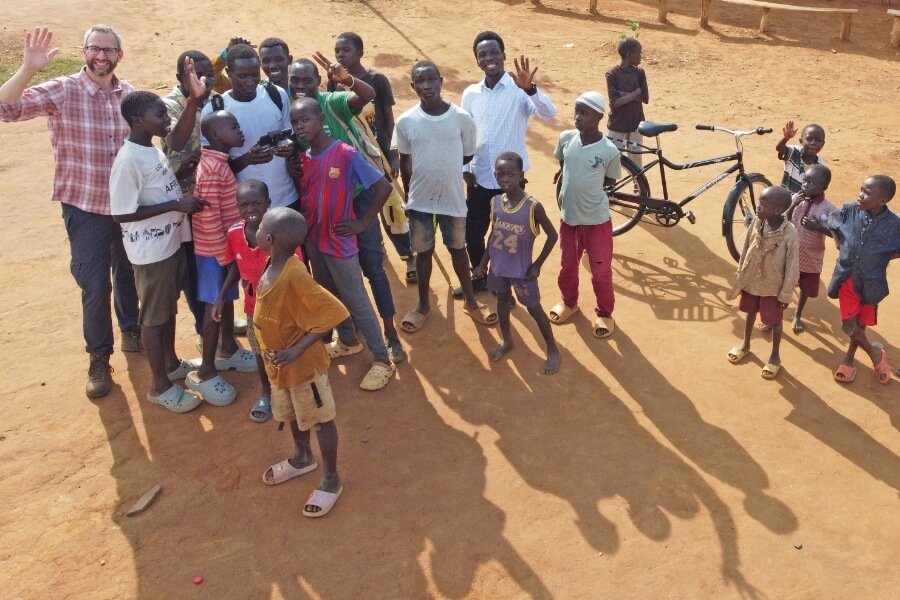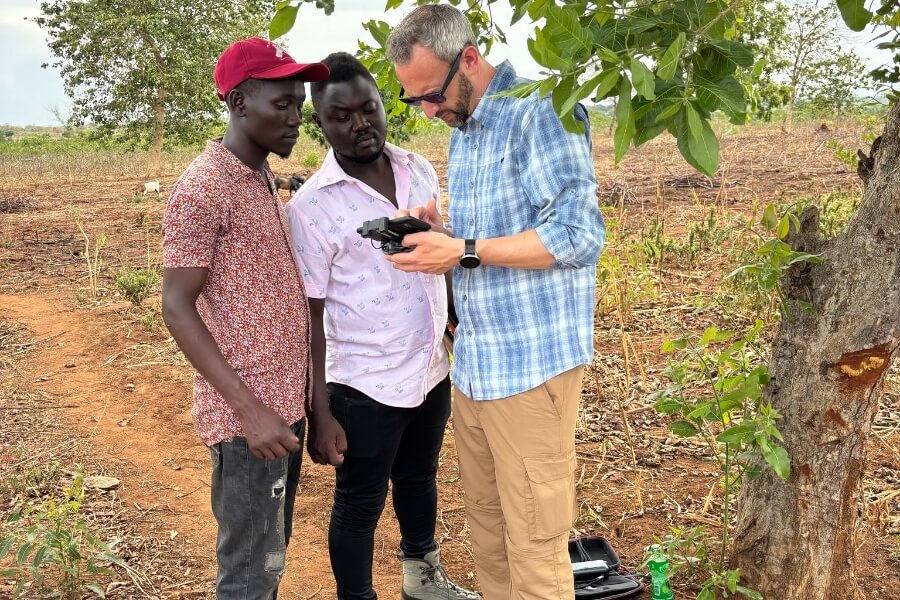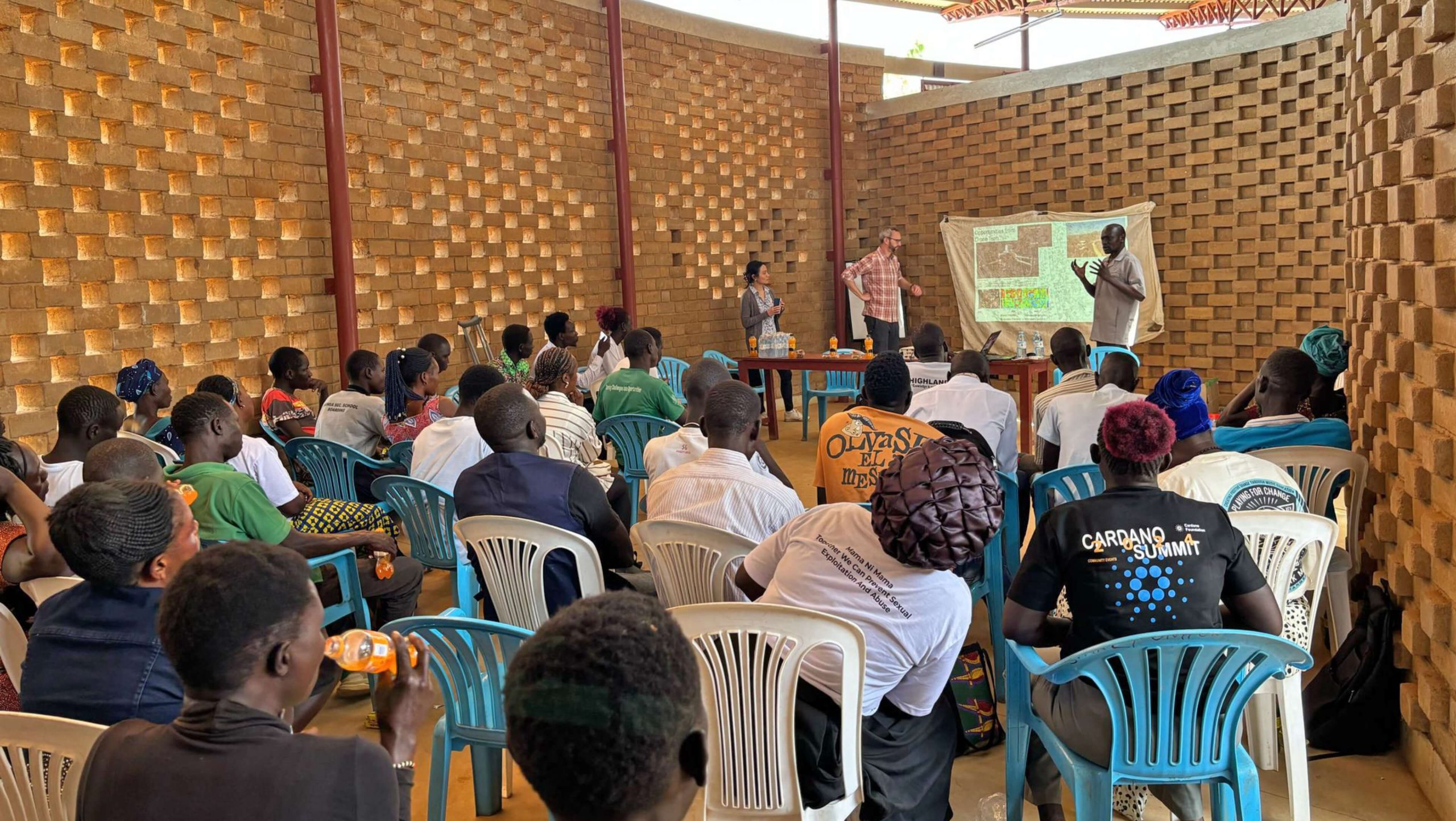
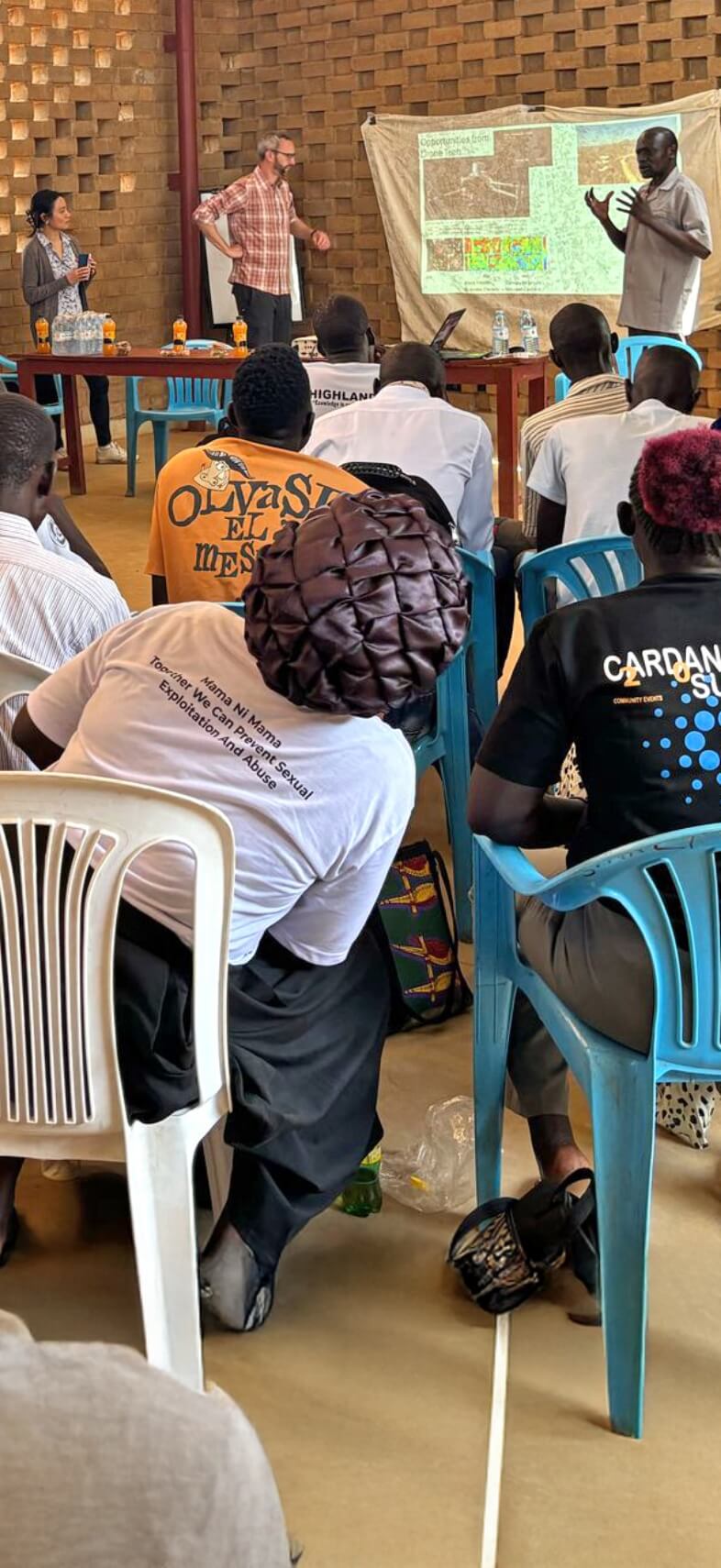
Sound2Map Lab
Through the Alec Glasser Center for the Power of Music & Social Change, and in partnership with Playing for Change, we leverage music collaboratives as a catalyst for technological inclusion, learning, and peace by examining how community music networks can empower disadvantaged populations and improve interlinked environmental, livelihood, health, and food security outcomes.



Music-centered community collaboratives create powerful avenues for peace, cooperation, and transformative skill-building opportunities for the world’s most disadvantaged populations. Through the Alec Glasser Center for the Power of Music & Social Change, and in partnership with Playing for Change and the Collaborative Media Advocacy Platform (CMAP), we seek to understand how the unique infrastructure of community music collaborative networks – both social and physical – can be leveraged to orient people at the center of data generation, information management, and resource planning. This approach positions music collaboratives and their vital role in driving shared cultural and artistic production as essential catalysts for positive change across interlinked environmental, livelihood, health, and food security outcomes at the local level. Through interdisciplinary collaboration and community partnerships with refugees at the Bidibidi Refugee Settlement in Uganda, our lab will build on the Center’s vision to harness the power of music for healing, learning, and unity.
Working closely with the Playing for Change Foundation and the refugee-led NGO Sina Loketa (SINAL) in Uganda’s Bidibidi Refugee Settlement, the Glasser Center Sound2Map Program is implementing multiple interconnected initiatives that empower marginalized communities through digital technologies, music, and storytelling. Our spatial information technologies training course will equip refugees—including youth participants in SINAL’s Salam Music Program—with digital tools to document their lived experiences, assess their needs and assets, and facilitate locally-led problem-solving in a context of dwindling humanitarian assistance and constrained resources. Recognizing that women, youth, and marginalized groups bear the greatest burdens of conflict yet face barriers in formal peace processes, the Center is also supporting community-led organizations like the Bidibidi Digital Media Lab and Refugee Voices for Peace to collect and share South Sudanese refugees’ stories of grassroots peacebuilding. These initiatives aim to amplify historically marginalized voices, foster cross-community connections between refugee settlements and South Sudan, and illuminate how localized networks of artistic production can support peacebuilding strategies in fragile contexts.
Building on this foundation of community empowerment, the Glasser Center is also addressing the urgent intersection of climate change and human trafficking—one of today’s most under-examined humanitarian challenges. As climate disasters intensify displacement, resource scarcity, and economic instability, trafficking networks systematically exploit these vulnerabilities. Yet, climate adaptation planning rarely accounts for increased trafficking risks, and anti-trafficking initiatives fail to anticipate climate-driven threats. Using a survivor-centered approach in three climate-affected regions of Uganda, this project puts cameras in the hands of trafficking survivors and vulnerable community members, enabling them to document through photography and facilitated discussions how climate change compounds their risks. This robust visual evidence and oral storytelling generate the data and firsthand accounts needed to inform integrated policy approaches and develop climate-responsive protection mechanisms for the world’s most vulnerable populations, ensuring that those most affected drive the solutions.
More information about our partner organizations can be found here and here.
LEARN MORE